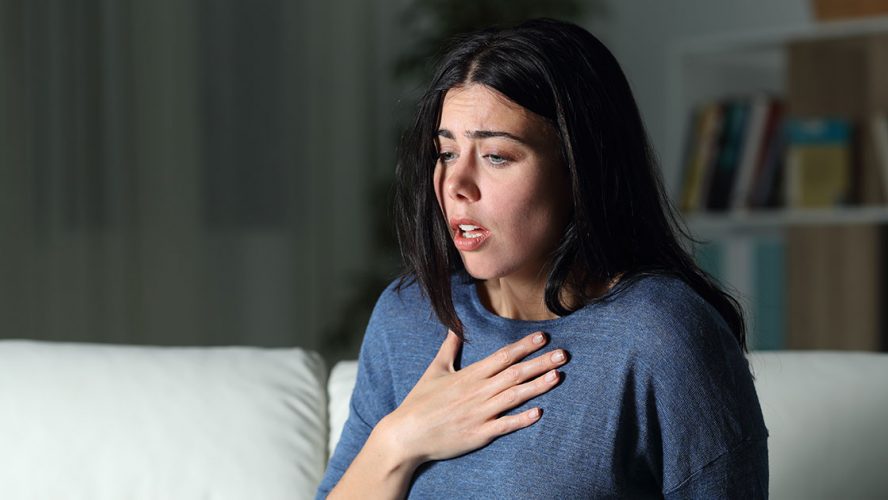If you are one of the more than 24 million Americans with asthma, you may be concerned about how to manage your chronic respiratory disease during the ongoing COVID-19 pandemic.
The good news is that people with asthma are not at higher risk of getting infected with COVID-19. They are, however, at higher risk for more severe complications – such as life-threatening pneumonia or bronchitis – if infected.
Here is what people with asthma need to know to avoid flares and stay healthy during this unprecedented time.
Use daily maintenance and controller medications
Be sure to continue taking any maintenance and controller medications. Consult your physician with any questions concerning seasonal allergy season and additional medications. Also, check your Asthma Action Plan.
Make sure all of your prescriptions are up to date
Since we’re unsure how long the pandemic will last, it is important to check that you have enough of your prescription medications. Consult your doctor and pharmacist if you need an updated prescription, especially for asthma inhalers or seasonal allergy medications.
Monitor your breathing using a peak flow meter
People with asthma should continue to monitor their breathing by using a peak flow meter. Be aware of your breathing and take note of any changes.
Avoid your asthma and allergy triggers
If you know your asthma and allergy triggers, then make sure to avoid them as much as possible. This will help keep your lungs healthy and clear. Common asthma triggers include mold, pollen, dust, smoke, and exercise.
Work from home (if possible)
Not everyone has the ability to work at home, of course, but this is a reality for many due to COVID-19. If you’re working from home, find ways to create consistency and develop a routine to minimize stress. This is essential for people with asthma since stress can be a factor that worsens symptoms.
Follow social distancing guidelines
The practice of isolating ourselves will help prevent the spread of COVID-19 and help our healthcare system adapt to treating patients. It is recommended to avoid large groups. If you have kids at home, playdates and sleepovers should be avoided. Spend time together as a family. Play in your own yard instead of a park. Go for a walk to get some movement and fresh air.

